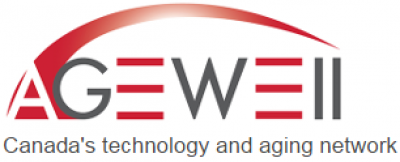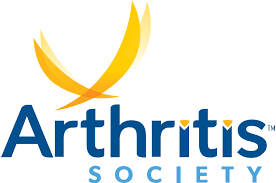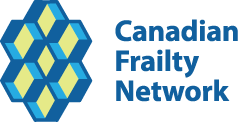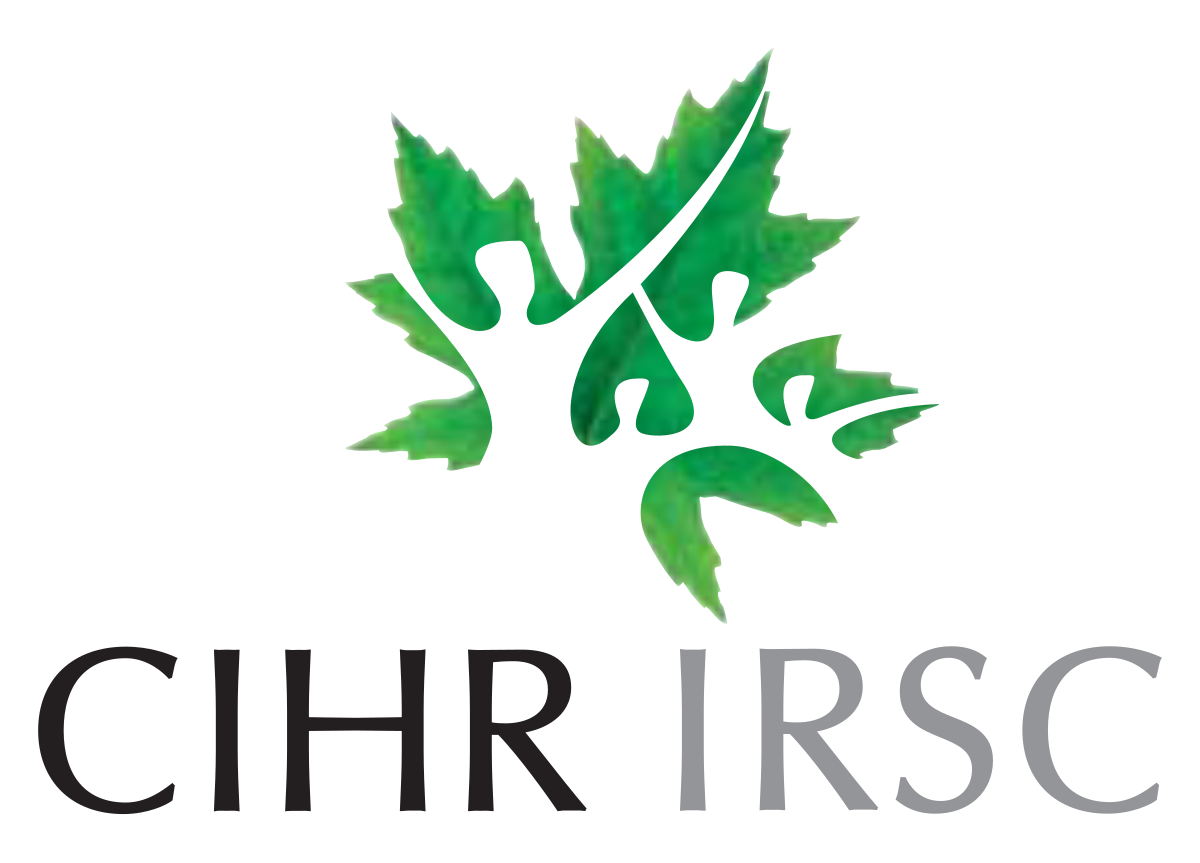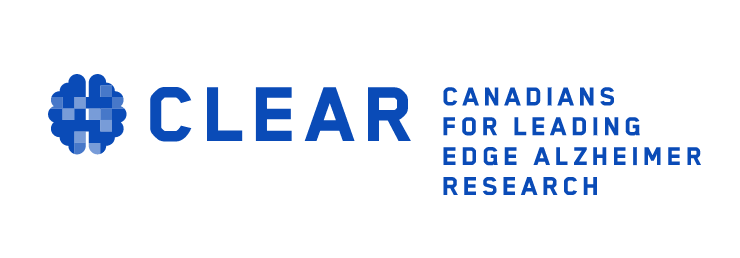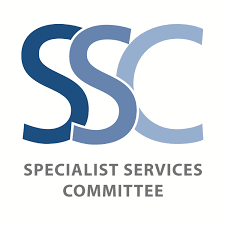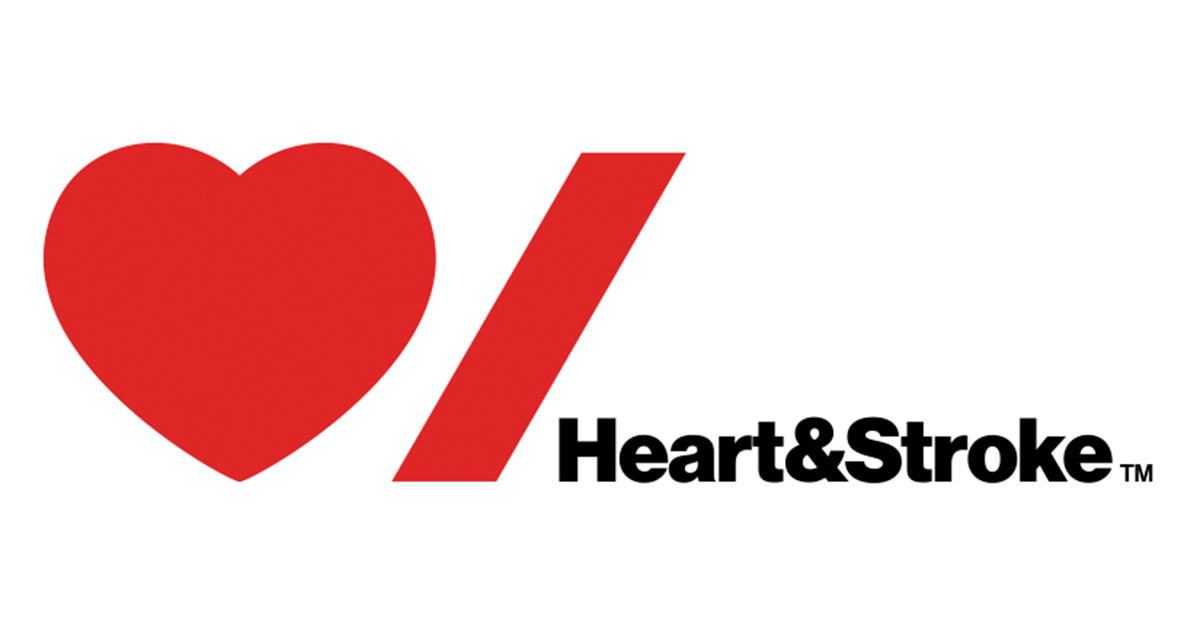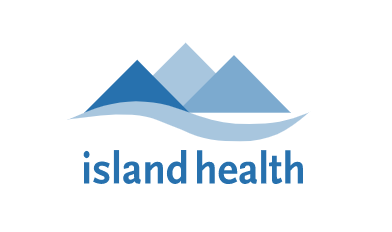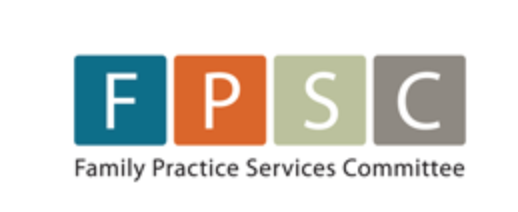FUNDING OPPORTUNITIES
Research, QI, Or Capital Projects
AGE-WELL
Funding available: $40,000 - $50,0000
Supports research focused on creating innovative solutions to promote healthy aging by developing real-world products ― technologies, services, and policies/practices ― to enhance the lives of older adults and caregivers.
Phone: (416) 597-3422 ext. 7778
Email: [email protected]
Alzheimer Society of Canada
Funding available: $66,000 - $200,000
Funding priorities include basic science research, clinical, health services and population health. Applications in other aspects of dementia research, such as cause, prevention, risk, technology, social science, and psychosocial interventions are also considered.
Arthritis Society Canada
Funding available: $21,000 - $375,000
The Arthritis Society’s 2020-2025 Research Strategy focuses on five research priority areas: arthritis pain, osteoarthritis (OA), inflammatory arthritis (IA), childhood arthritis, and work (arthritis-related workplace prevention, policies, and accommodations).
Phone: 1-800-321-1433 (toll-free)
Email: [email protected]
Canada Foundation for Innovation
Funding available: Varies
Supports the evolving needs of Canadian research institutions and their researchers by covering a full spectrum of research, from discovery to technology development. Only eligible institutions — not individual researchers — may submit a proposal to the CFI.
Email: [email protected]
Canada Frailty Network
Funding available: up to $250,000
CFN funds research and knowledge translation (KT) projects that demonstrate potential for widespread adoption of frailty screening and transforming clinical practices involving care for older adults living with frailty.
Email: [email protected]
Canadian Institutes of Health Research (CIHR)
Funding available: Varies
CIHR invests approximately $1 billion each year to support health research.
CIHR is comprised of 13 Institutes that set research priorities and support a broad spectrum of research in their respective areas. As the Government of Canada's health research investment agency, the CIHR supports excellence across all four pillars of health research: biomedical; clinical; health systems services; and population health.
Phone: 1-888-603-4178 (toll free)
Email: [email protected]
CLEAR: Canadians for Leading Edge Alzheimer Research
Funding available: Contact for info
Funding for Canadian researchers focusing on the cause, prevention and treatment of Alzheimer’s disease and other neurodegenerative dementias. Contact us to learn about our current and upcoming funding initiatives, what is required to qualify, and how to apply for grants.
Email: Dr. B. Lynn Beattie (Funding)
Eldercare Foundation
Eldercare’s mission to improve care and enhance quality of life for local seniors has never been more important, as the global pandemic has exposed several urgent needs for our elderly.
Grants for Physicians
- The Funke-Furber Gerontological Research Award
- supports applied research designed to enhance and advance care for the elderly
- applicants must be health care professionals, graduate students or undergraduate students registered in an educational program offered by UVic; applicants must also be UVic Institute on Aging and Lifelong Health affiliates
- Ruth A. Gardner Research Award
- supports UVic graduate students who are undertaking a clinical or applied research project designed to enhance and advance care for individuals with chronic conditions who are aging
- educational program may exist within a wide range of departments including, but not limited to: Education, Engineering (Assistive Technologies), Health Information Science, Medicine, Nursing, Psychology, Social Work or Sociology
Facility Engagement
Launched by the Specialist Services Committee in 2016, Facility Engagement (FE) is a BC-wide initiative to strengthen communication, relationships and collaboration between facility-based physicians and their health authorities. The goal is to increase meaningful physician involvement in health authority decisions about their work environment and the delivery of patient care.
To get involved:
- Get the support of the entire medical staff and the facility’s local administration. If your site has an active MSA (medical staff association) and local support, your Engagement Partner (EP) can help you draft a joint letter of support for submission for start-up funding.
- Your facility can then be approved for start-up funding of up to $75,000, to help establish a meaningful, representative governance structure that suits your facility.
- Once this structure is in place, your MSA/Society is eligible for annual funding depending on the size of the facility. Start-up funding varies according to size of the facility and number of acute care beds.
- Capital projects: capital projects or renovations (e.g. physician lounges)to a one-time total limit (i.e. does not renew each year) of 15% of their annual site funding or $40,000, whichever limit is higher. It is recommended for MSAs to work with health authority partners to identify opportunities for cost sharing.
- Project infrastructure: hire contracted staff to assist with the operationalization of projects approved by the MSA executives and/or MSA working group (e.g. evaluation, data collection and analysis, project coordination and tracking). MSAs must consider if and how projects are sustained beyond pilot phases by engaging with key stakeholders early in development.
- Other Joint Clinical Committee projects seeking sustainability funding. Considerations include:
- the relevance of the project to address facility-based issues • the extent of MSA and health authority involvement
- whether funding responsibility rests elsewhere, regardless of whether funding for those activities is considered adequate
- if there are cost-sharing opportunities, where applicable
- Physician QI projects: quality improvement projects that encompass the Institute of Health Improvement Quadruple Aim (i.e. improving patient outcomes, improving patient and provider experience, reducing costs), involve multiple physician groups and/or collaboration with health authority partners.
- Physician QI graduates’ time spent training and guiding their MSA colleagues on MSA endorsed quality projects.
- Pay MSA members’ time in working with the PQI-funded physicians on their projects at various stages (e.g., design, implementation, evaluation).
Email: To connect with the South Island MSA (for VGH and Royal Jubilee Hospital), email [email protected]
Health System Redesign
Funding available: Varies (administered by each health authority)
Compensates physicians at the sessional rate for participation in time-limited, project-based, system redesign work. The focus of the work is on changes to acute and community-based health initiatives or programs.
Phone: (604) 638-4853 (general SSC contact number)
Email: Deborah Bartley (Island Health)
Heart & Stroke Foundation of Canada
Funding available: Varies ($6 million in grants available)
We push the boundaries of discovery and innovation to prevent, treat or better support those living with, or at risk of developing, heart conditions, stroke and related dementia. Heart & Stroke funds research across the four themes defined by the Canadian Institutes of Health Research (CIHR), the federal research body: 1) basic biomedical, 2) clinical, 3) health services/systems research, and 4) social, cultural, environmental and population health research.
Phone: 1-888-473-4636 (general contact number)
Email: Use this contact form
Island Health
Funding available: Varies
Island Health’s research grant program aims to encourage new researchers, support current research, and raise awareness about research and knowledge translation across Island Health. Explore current funding opportunities, including Evidence-Into-Practice Awards, Seed Grants, and Catalyst Awards.
Email: Annie Moore (Research Education and Grant Facilitator)
Parkinson Society of Canada
Funding available: $10,000 - $50,000
Our program invests in funding early-stage investigators to help launch a career in Parkinson’s research, clinical fellowships to increase access to care by growing the number of qualified specialists, and new and novel ideas which otherwise may not get their start.
Phone: 1-800-565-3000
Email: [email protected]
Physician Quality Improvement Initiative
Funding available: contact for info
Provides training and support to physicians, through technical resources and expertise, to lead quality improvement projects, which build QI capacity. Key activities include one day QI training to physicians in multiple regions of the health authority, as well as the opportunity to participate in more structured training with a cohort of physician colleagues. Funding is provided to allow physicians to work on either small or larger QI projects.
Email: [email protected] (PQI Manager for Island Health)
Practice Support Program
Funding available: contact for info
PSP provides compensation and Mainpro+ credits to doctors who make practice improvements using PSP’s facilitated quality improvement (QI) cycle. Family doctors can receive payment for one to 15 hours of participating in QI activities. Family doctors may earn up to 45 certified Mainpro+ credits (three credits per hour), for one to 15 hours in total for the completion of a facilitated QI cycle.
Email: [email protected]
